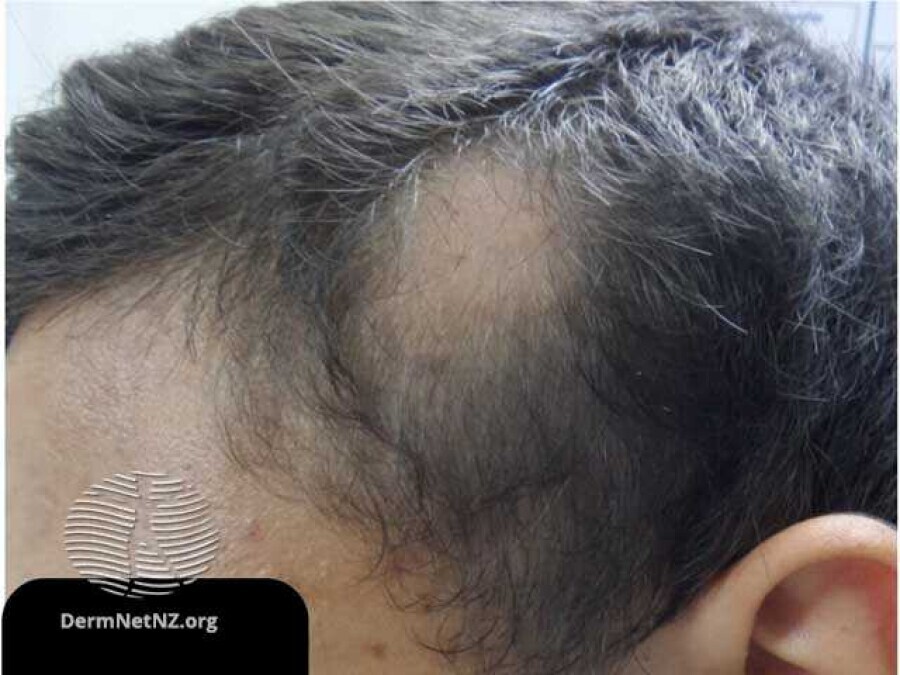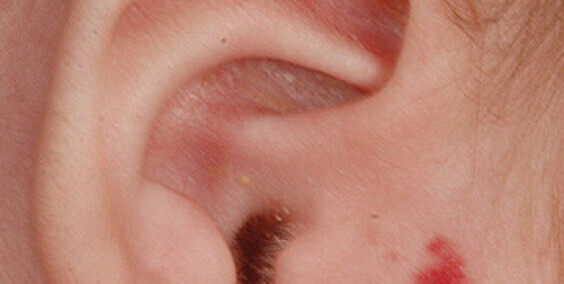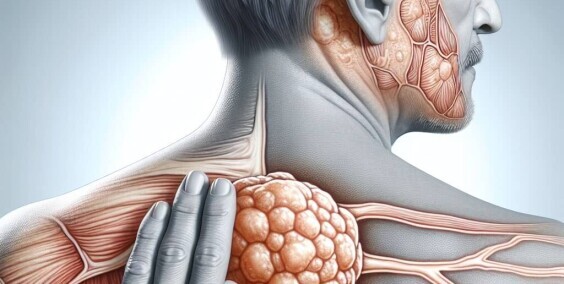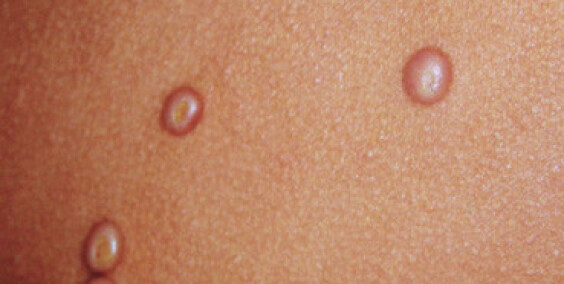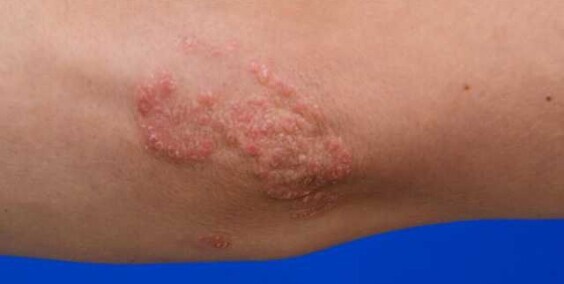Alopecia areata is an autoimmune disorder characterized by sudden hair loss, often in small, round patches on the scalp or other areas of the body. This condition occurs when the immune system mistakenly attacks the hair follicles, leading to hair loss. While it's not a life-threatening condition, alopecia areata can have a significant impact on a person's emotional well-being and self-esteem.
What are the Symptoms for Alopecia Areata?
Alopecia areata typically presents with the following symptoms:
- Sudden Hair Loss: Hair falls out in small, round patches, leaving smooth, coin-sized areas of baldness.
- Regrowth Variability: Hair loss can be unpredictable, with hair regrowth occurring in some patches while new ones develop elsewhere.
- Nail Changes: In some cases, individuals may experience changes in the texture, shape, or color of their nails.
What is the Cause for Alopecia Areata?
The exact cause of alopecia areata is not fully understood, but it is believed to be an autoimmune disorder where the immune system mistakenly attacks the hair follicles, considering them foreign invaders. Genetic factors and environmental triggers may contribute to its onset.
What are Possible Complications?
While alopecia areata does not pose serious health risks, potential complications include:
- Psychosocial Impact: Hair loss can significantly affect self-esteem, confidence, and mental well-being.
- Alopecia Totalis/Universalis: In rare cases, the condition may progress to complete loss of scalp or body hair.
How to Prevent Alopecia Areata?
Unfortunately, there is no foolproof method to prevent alopecia areata due to its autoimmune nature. However, certain lifestyle practices may potentially reduce the risk of flare-ups:
- Stress Management: Stress is considered a potential trigger, so adopting stress-reducing activities may be beneficial.
- Balanced Diet: A well-balanced diet, rich in nutrients, may support overall immune system health.
How to Treat Alopecia Areata?
Treatment approaches aim to stimulate hair regrowth and manage the autoimmune response. Options include:
- Topical Corticosteroids: Applied directly to the affected areas to reduce inflammation and promote hair regrowth.
- Intralesional Corticosteroid Injections: Injected into the bald patches to suppress the immune response.
- Topical Immunotherapy: Provokes an allergic reaction on the skin to stimulate hair regrowth.
- Oral Medications: Corticosteroids or immunosuppressants may be prescribed for more extensive cases.
- Platelet-Rich Plasma (PRP) Therapy: Involves injecting the patient's own blood plasma into the scalp to encourage hair growth.
- Hair Transplantation: For severe cases, transplanting hair follicles from unaffected areas to the bald patches may be considered.
Managing alopecia areata involves a multifaceted approach that addresses both the physical and emotional aspects of the condition. Consultation with a dermatologist is crucial to determine the most suitable treatment plan based on the individual's unique circumstances.
